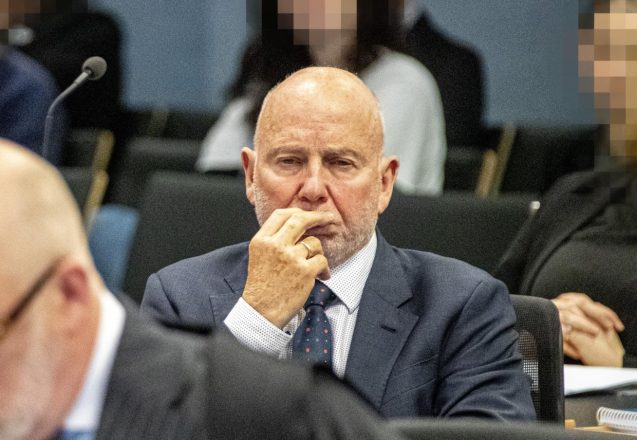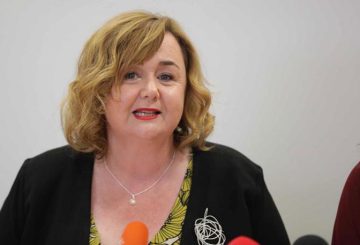Philip Polkinghorne’s trial entered its second week, starting with a forensic scientist describing her work at his home. Polkinghorne, a 71-year-old eye doctor, called emergency services claiming his wife, Hanna, had killed herself. He admits to having methamphetamine and a pipe but denies murdering her. Hanna was found dead on April 5, 2021, in their home.
The prosecution claims Polkinghorne led a double life, was obsessed with sex and drugs, and argued he murdered Hanna, staging the scene to look like suicide. Polkinghorne’s defense argues that Hanna had mental health issues and took her own life due to exhaustion from work.
Forensic scientist Fiona Matheson testified about her work at the house. Police were concerned the scene could be suspicious when she arrived. She spent a week testing for blood and DNA and returned later for meetings with police. During her testimony, she admitted that it was unusual to spend so much time at a residential scene.
Matheson tested Hanna’s bedroom, where Polkinghorne claimed she had slept the night before her death. She collected samples from tea and water bottles, considering the possibility that Hanna may have been drugged. However, toxicology results showed no concern that she was drugged.
A bloodstain on the bedding was identified, which would later be revealed as Polkinghorne’s, but Matheson could not determine how old it was. She found no other blood in the bedroom, even with special testing.
The prosecution says the bedroom was in disarray, suggesting a possible violent incident between the couple. The defense questioned Matheson about the toilet in the en suite, where traces of methamphetamine were found. No blood was discovered in the master bedroom, where Polkinghorne claimed he slept before finding Hanna.
During testing in the master bedroom, Matheson found an empty bag that previously held meth. The trial is expected to last at least six weeks, overseen by Justice Graham Lang and a jury.






























































